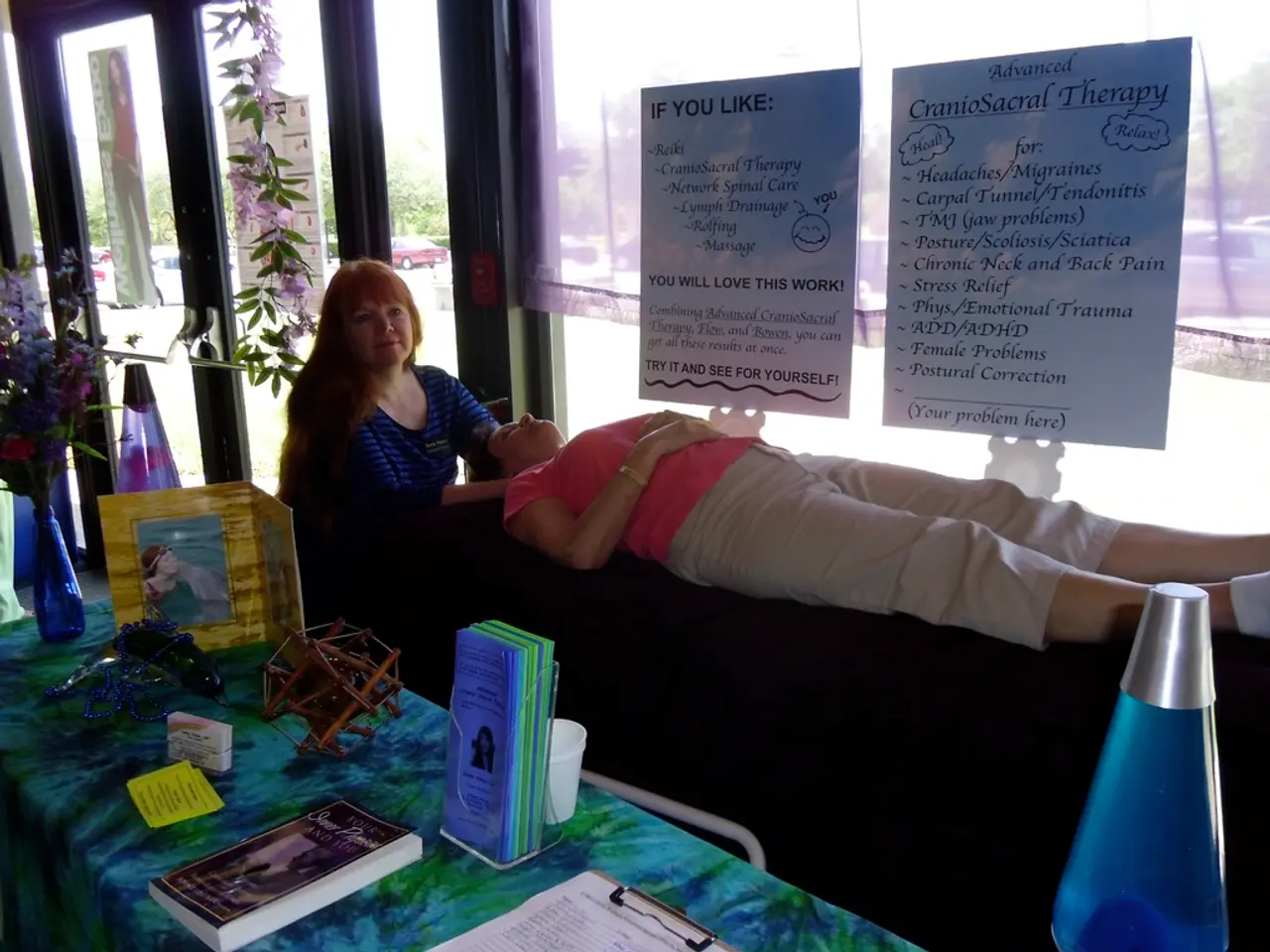Discovered findings expose the lingering wounds of Gambia's witch hunts
In the West Coast and North Bank regions of The Gambia, between 2008 and 2009, a chilling campaign of witch hunts was orchestrated under the regime of former President Yahya Jammeh [1][3][4]. Hundreds of people, mostly elderly, were forcibly detained, beaten, raped, and subjected to degrading treatment, with an estimated 41 lives lost during this period.
The aftermath of these witch hunts has left deep psychological and social scars on survivors, who continue to face persistent stigma, isolation, and discrimination within their communities [1][2]. A new study, published in the Journal of Community and Applied Social Psychology and funded by the United Nations Development Program (The Gambia), delves into the lasting effects of this state-sponsored atrocity [4].
The research, led by Professor Mick Finlay of Anglia Ruskin University, includes interviews with victims and their families from the villages most affected by the campaign. It reveals that survivors struggle with long-term trauma such as panic attacks, anxiety, symptoms of post-traumatic stress disorder (PTSD), and withdrawal from public and social life. Many victims also experienced difficulties in securing employment and reintegrating due to the deep stigma attached to being labeled a witch [1][2].
The social scars of the Gambian witch hunts extend beyond the victims themselves, affecting entire communities and families. Around one-quarter of community members still believe witches pose a real threat, perpetuating discrimination and social exclusion of survivors [2][3].
The study highlights a strong desire among victims and communities for official recognition and acknowledgement of the abuses endured, government support and reparations, inclusion in the ongoing transitional justice process, and support from survivor-focused organizations [1][2][4].
Reconciliation efforts must address both human rights and deeply rooted traditional beliefs about witchcraft, ensuring culturally sensitive approaches that foster healing while combating stigma [1]. The study underlines that addressing the stigma of Jammeh's witch hunts involves restoring the good name of the victims through official declarations and rebuilding their social roles and relationships.
The findings of this study may be of interest to other countries going through transitional justice processes, especially where human rights come into conflict with traditional beliefs, such as belief in witchcraft. The study can be accessed online at https://onlinelibrary.wiley.com/doi/10.1002/casp.70147.
- Researchers at Anglia Ruskin University, led by Professor Mick Finlay, have studied the lasting psychological effects of the Gambian witch hunts on survivors and communities.
- The study, funded by the United Nations Development Program (The Gambia), reveals that survivors struggle with long-term trauma, including panic attacks, anxiety, symptoms of PTSD, and withdrawal from society.
- Many victims experienced difficulties in securing employment and reintegrating due to the deep stigma attached to being labeled a witch.
- The social scars of the Gambian witch hunts extend beyond the victims themselves, affecting entire communities and families, with about one-quarter of them still believing witches pose a real threat.
- The study highlights a strong desire among victims and communities for official recognition, government support and reparations, inclusion in the transitional justice process, and support from survivor-focused organizations.
- The findings of this study can be of value to other countries experiencing transitional justice processes, especially where human rights clash with traditional beliefs, such as belief in witchcraft, emphasizing the need for culturally sensitive approaches to promoting healing and combating stigma.




